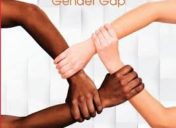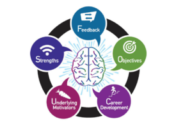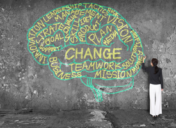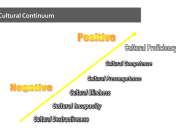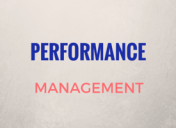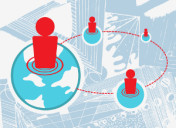Unleash the Power of Diversity
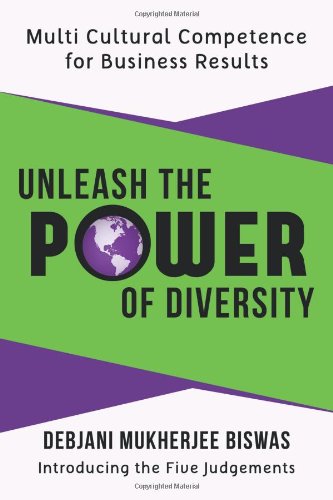 Organizations that build multicultural competencies can achieve better business results, according to Debjani Biswas, consultant, speaker and author.
Organizations that build multicultural competencies can achieve better business results, according to Debjani Biswas, consultant, speaker and author.
At the June 9 Pearson Partners HR Roundtable, a bimonthly series for senior corporate human resources executives in the North Texas area, Biswas talked about her personal career journey as a woman of Indian heritage who entered the male-dominated profession of engineering. Drawing on her knowledge and experiences, Biswas helped HR professionals understand how to “Unleash the Power of Diversity.” Here are highlights of her presentation.
What does diversity mean?
Diversity in the workplace often focuses on gender, age or racial or ethnic backgrounds. That might mean counting the number of women or racial/ethnic minorities in the organization or in higher management positions. However, diversity is a broader concept that may include different career paths or ways of thinking, as well as the more obvious physical differences. Gender and skin color are just the tip of the iceberg.
What is the downside of ignoring diversity in the workplace?
People who feel marginalized and undervalued are not going to be as productive as those who feel their contributions are appreciated and important to the organization’s success. As a result, they may leave the company for a competitor, resulting in a loss of talent that could have significant consequences.
What else can happen in organizations that don’t value diversity?
People who are different will try to blend in more with the general population in the workforce. That means they are more likely to simply agree with others, and less likely to express their personal ideas and opinions. Those “blend-in” employees tend to be less engaged with the organization, and may be perceived as less valuable.
How can organizations help employees develop the courage to express themselves as individuals with their own singular points of view?
Successful organizations can tap into the “orchid effect.” They look at being different as something valuable and rare, rather than as an annoying weed or parasite. Having that supportive culture in place allows individuals to build their own personal “brands,” rather than trying to fit in and be invisible to others.
What are some ways to build this diverse culture?
When it comes to diversity, I suggest the “Four A’s” approach: First, you ask in order to understand another person’s perspectives. Then you adapt, trying to bridge the gap in perspectives so you both understand each other. Next, you accept the fact that there are some differences that will never be overcome, and that’s okay. Finally, you appreciate the other person as a singular individual—not just a member of the crowd.
Are there any things to avoid?
Yes. I use an acronym and tell clients not to SPACE out. By that I mean, don’t shun the individual or patronize their contributions. Don’s assume you know the other person’s viewpoint. If there is a conflict, discuss both points of view, and don’t crumble or escalate the disagreement. None of those actions lead to productive results.
What other issues should we think about?
Everyone makes split-second judgments about other people that usually have nothing to do with the quality of their work or their productivity in the organization. Instead, we judge people based on their physical appearance, voice, body language and other cues. Other factors that influence those quick judgments include the person’s reputation and “buzz,” or word of mouth that preceded the encounter.
How should we handle those judgmental issues?
The best solution is to be aware of your own biases and perspectives, both positive and negative. Self-awareness is really the key to moving beyond those snap impressions and making better, well-rounded judgments. You can also reflect on the physical, behavioral or situational “markers” that have affected your personal career for a greater understanding of your own journey.
Finally, why can companies with multicultural competence achieve better business results?
Diverse companies benefit from a broader range of ideas and insights, as well as a better understanding of customer needs in our diverse society. Most importantly, they succeed by building a positive culture that engages and energizes their entire workforce, not just a limited segment of the organization.
CALL FOR SPEAKERS
We are seeking speakers for our Pearson Partners HR Roundtable events. If you, or someone you know, has expertise in presenting on an executive-level HR-related topic, please contact us.
Are you a member of the Pearson Partners HR Roundtable? If you are a senior corporate human resources executive who is interested in joining our discussions, please check out our LinkedIn group.

